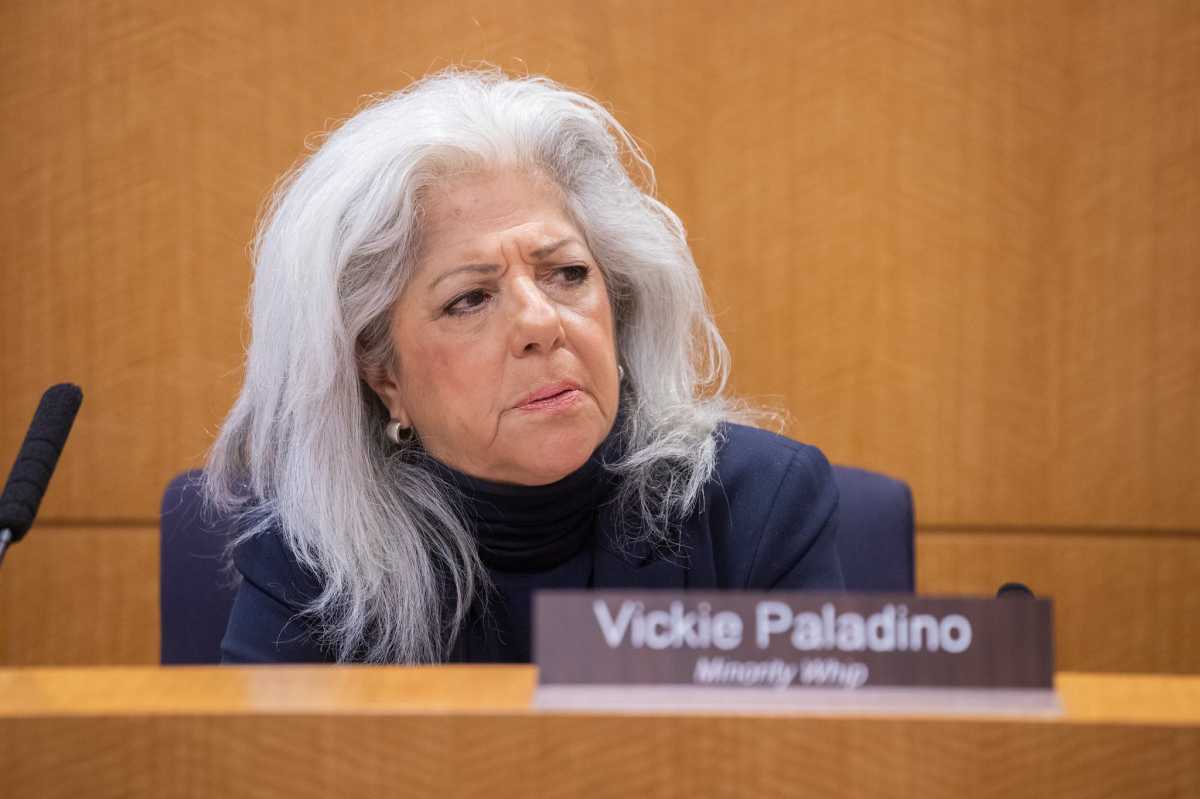As oil continued to spread in the Gulf of Mexico, the seafood industry in Queens remained uncertain about the impact on them, but felt certain repercussions would soon follow.
“It is going to have a long-term effect,” said Paul Christakos, the owner of Astoria Fish Depot. “They think that 200,000 gallons a day isn’t a big deal. In the coming weeks, you’re going to see an effect. Twenty percent of the world’s fish come from the Gulf of Mexico.”
Nearly three weeks after the explosion of a drilling rig, an estimated 210,000 gallons of oil per day have spilled into the Gulf causing immeasurable harm to the marine life and surrounding environments. As a result of the spill, fishing off the coasts of southeastern Louisiana, Mississippi, Alabama and Florida has been temporarily suspended as scientists investigate the effects this oil will have on the waters.
“My biggest concern is that it is going to contaminate the marshlands and the wetlands – the little areas where all the fish lives begin,” said Leslie Barnes, owner of seafood restaurant London Lennie’s on Woodhaven Boulevard. “I feel especially bad for the fisherman because those are the guys that are really going to feel it. They’ve already limited the fishing down there.”
According to BP, the oil company responsible for the leak and the cleanup efforts, it “continues to do everything possible to contain the oil spill and mitigate damage.” To date, they remain unsuccessful.
Both Paul and Barnes agreed that major changes would soon come, with sales of snapper and grouper, popular choices at Barnes’ restaurant, likely to experience cutbacks.
Others, however, aren’t too worried about make cuts.
Spyro Christakos, manager of the Astoria Seafood restaurant and Paul’s brother, felt the effect on the industry will take a different approach.
“I don’t think there is going to be a long term affect. I think the ocean is a self-cleanser,” said Spyro. “The negative impact it will have is on the perception of people not knowing where the fish is coming from.”
All three said they trusted their suppliers.
However, the issue of contamination may loom for a while in the back of their customer’s heads.
“Usually when you buy fish, or food in general, you don’t stop to think where it came from,” said Samantha Santiago, who buys her fish along Roosevelt Avenue. “But then you remember that the whole ocean is one large body of water, and it’s only a matter of time before it affects us.”
To comment on this story go to qns.com.






























